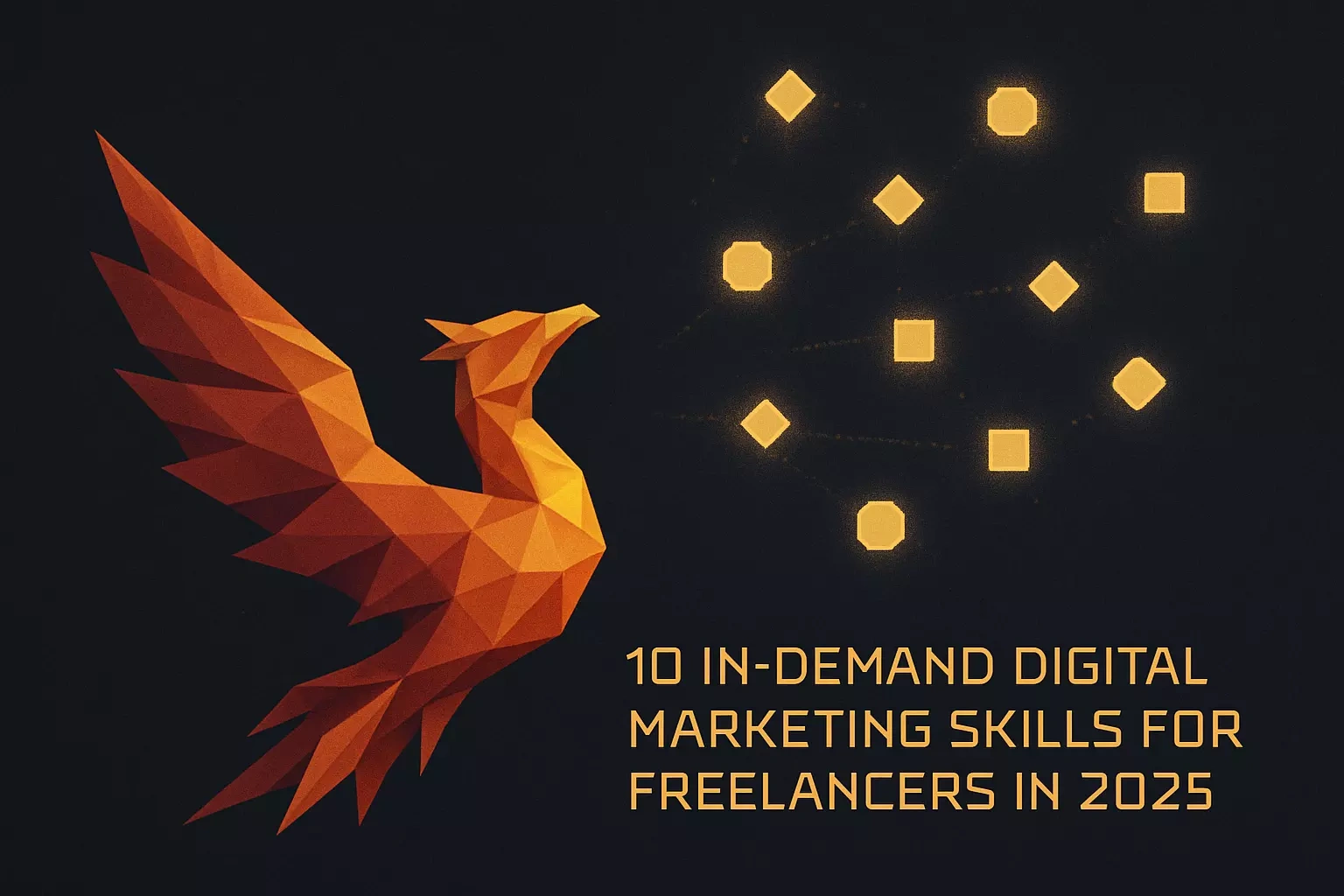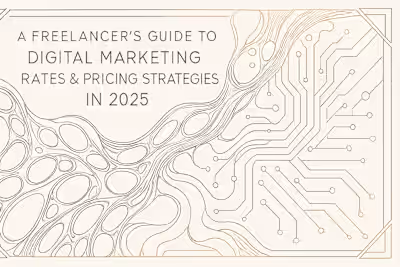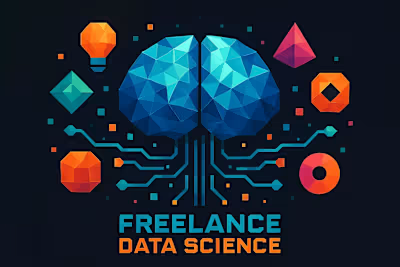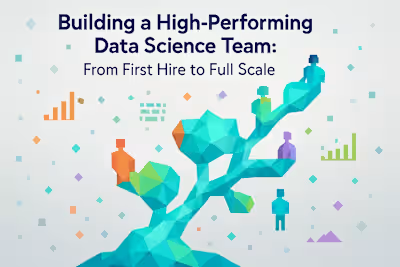10 In-Demand Digital Marketing Skills for Freelancers in 2025

10 In-Demand Digital Marketing Skills for Freelancers in 2025
Foundational Skills: The Core of Every Digital Marketer's Toolkit
1. Data Analytics and Performance Measurement
2. Search Engine Optimization (SEO)
3. Content Strategy and Creation
High-Growth Specializations for 2025
4. Paid Advertising (PPC/SEM)
5. Social Media Marketing (Organic & Paid)
6. Email Marketing and CRM Management
Emerging and Future-Proofing Skills
7. AI Tools and Prompt Engineering
8. Video Marketing and Short-Form Content
9. Conversion Rate Optimization (CRO)
10. Marketing Automation
Conclusion
References
10 In-Demand Digital Marketing Skills for Freelancers in 2025
Foundational Skills: The Core of Every Digital Marketer's Toolkit
1. Data Analytics and Performance Measurement
2. Search Engine Optimization (SEO)
3. Content Strategy and Creation
High-Growth Specializations for 2025
4. Paid Advertising (PPC/SEM)
5. Social Media Marketing (Organic & Paid)
6. Email Marketing and CRM Management
Emerging and Future-Proofing Skills
7. AI Tools and Prompt Engineering
8. Video Marketing and Short-Form Content
9. Conversion Rate Optimization (CRO)
10. Marketing Automation
Conclusion
References
Posted Jun 14, 2025
Stay ahead in the competitive freelance market. Discover the top 10 most in-demand digital marketing skills for 2025, from AI and data analytics to SEO and video content.











